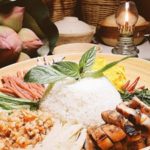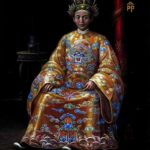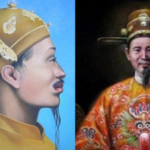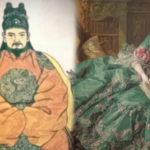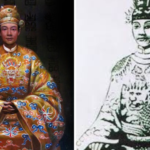King Minh Mang: The Monarch with the Largest Family in Vietnamese History
King Minh Mang, or Minh Mệnh, was the fourth son of Emperor Gia Long and the second ruler of the Nguyen Dynasty in Vietnam’s feudal history. He reigned from 1820 to 1840.
According to historical records, King Minh Mang possessed a keen intellect, a love for learning, and great decisiveness. During his reign, he implemented significant reforms in both domestic governance and foreign affairs. He was not only renowned for his military prowess but also for his colorful personal life, which is among the most well-known in the 13 rulers of the Nguyen Dynasty.
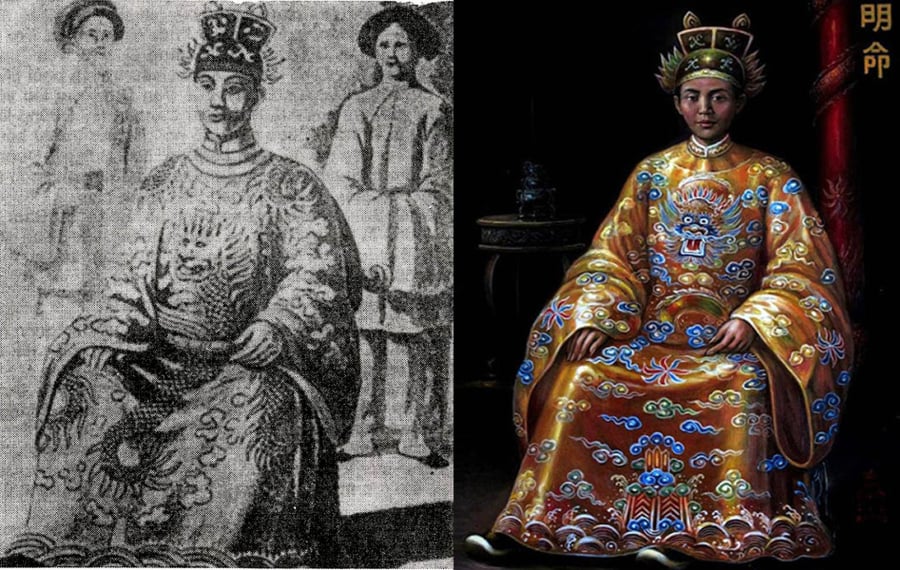
King Minh Mang: A Ruler with Colorful Tales
King Minh Mang is remembered for his large harem, having the most wives and children among the Nguyen Dynasty rulers. He had 43 wives who bore him 142 children, including 78 princes and 64 princesses. Many of these wives were daughters of officials and civilians who offered their daughters to the king out of admiration for his talent and achievements.
According to the book “Kể chuyện các đời vua nhà Nguyễn” by author Nguyễn Viết Kế, the king was attended by five wives during his leisure time. “One prepared and served betel quid, one fanned him, one gave him a massage, one sang him to sleep, and one ran errands. Each wife took turns in shifts.”
Legend has it that royal physicians worked day and night to research and concoct special tonics to enhance the king’s virility and kidney function, ensuring he had the stamina to serve his large harem.
The most famous of these tonics was the “Minh Mang Thang,” which reportedly enabled the king to impregnate three of his five wives in a single night of intimacy, as described in the phrase, “một đêm ngủ với năm bà thì ba bà có thai.”
However, according to historians, Minh Mang’s large harem and the resulting extensive progeny within the Nguyen royal family placed a significant burden on the nation and the dynasty.
Subsequently, Minh Mang’s children also became known for their large families. For instance, Tho Xuan Vuong Mien Dinh had 144 children, while Tuy Ly Vuong Mien Trinh had 114. King Thieu Tri (1807-1847), one of Minh Mang’s sons, had 64 children.
A King with Many Wives but No Biological Children of His Own
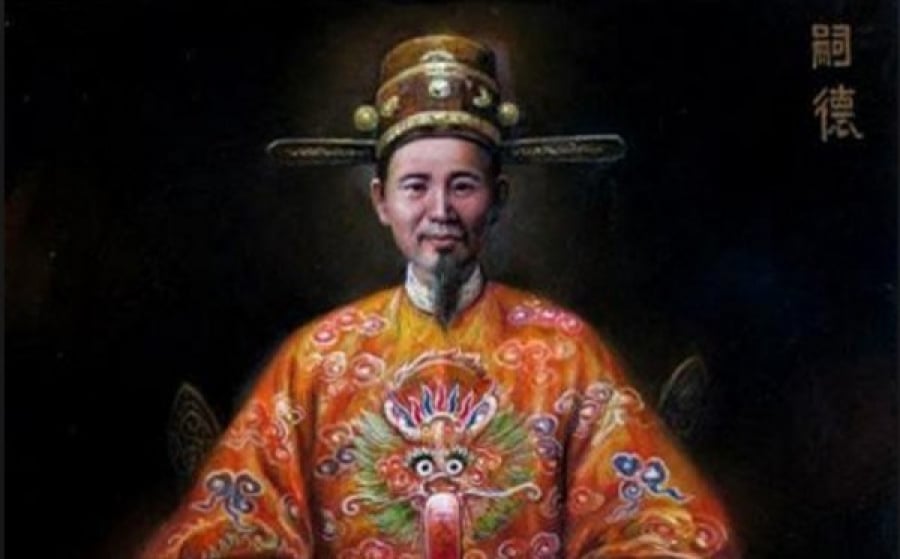
King Tu Duc: A King with Many Wives but No Biological Children
Tu Duc (1829-1883) was the fourth ruler of the Nguyen Dynasty and the son of King Thieu Tri. He reigned for 36 years (1847-1883), the longest among the 13 Nguyen monarchs. Despite having 103 wives, he did not father any biological children.
Historical records indicate that Tu Duc suffered from smallpox in his youth, resulting in a loss of virility and a frail constitution. This condition, known as impotence, was considered a serious issue in the feudal era, as the inability to produce an heir was one of the three great sins.
Tu Duc adopted three of his nephews as his own: Ung Chan, Ung Duong, and Ung Dang. Ung Chan later ascended the throne and became known as King Dục Đức.
King Tu Duc was also the most literary of the Nguyen rulers. According to various sources, he composed over 4,000 poems during his lifetime. Despite his literary prowess and diligent work ethic, the Nguyen Dynasty weakened during his reign, ultimately falling to French colonial rule.


























